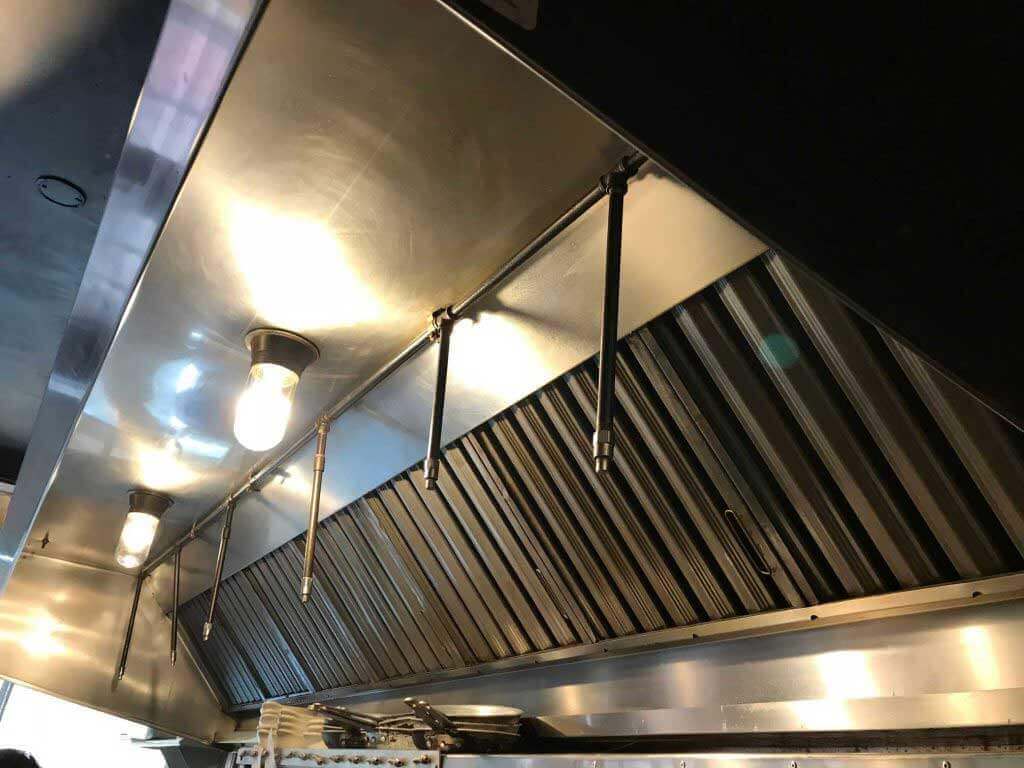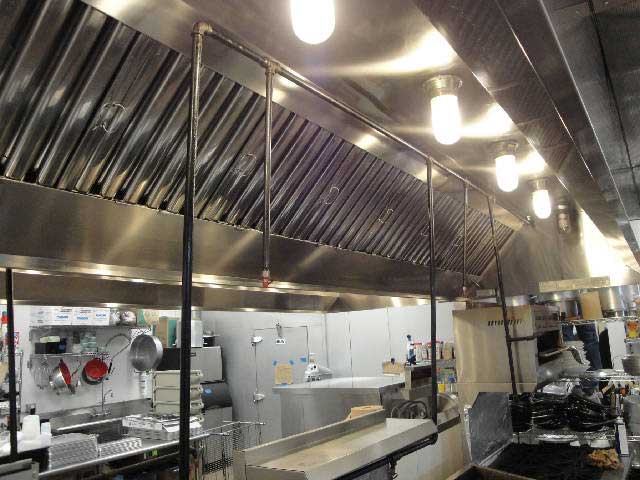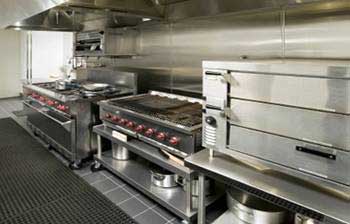Commercial Kitchen Fire Prevention
Dallas Texas


The Ultimate Guide to Dallas Commercial Kitchen Fire Prevention
Introduction to Commercial Kitchen Fire Prevention
As a business owner in Dallas, ensuring the safety of your commercial kitchen is paramount. Fire prevention plays a crucial role in maintaining a secure environment for your staff and customers. This comprehensive guide provided by Dallas TX Hood Cleaning will walk you through the essential steps to minimize the risk of fires and protect your investment.
Essential Fire Prevention Equipment
To safeguard your commercial kitchen from fires, you must invest in the following fire-prevention equipment:
Fire Extinguishers
Equip your kitchen with Class K fire extinguishers designed specifically for kitchen fires involving grease, fats, and oils. Place these extinguishers at easily accessible locations and ensure your staff knows how to use them.
Smoke Detectors and Fire Alarms
Install smoke detectors and fire alarms throughout your kitchen to detect fires early and alert the staff. Regularly test these systems to ensure they are functioning correctly.
Sprinkler Systems
Sprinkler systems can help suppress fires and minimize damage. Ensure that your commercial kitchen is equipped with a reliable sprinkler system.
Commercial Kitchen Fire Suppression Systems
A fire suppression system is a critical component of your commercial kitchen fire prevention strategy. These systems release chemicals or wet agents to extinguish fires quickly and minimize damage. Some popular fire suppression systems include:
Wet Chemical Suppression Systems
These systems use a wet chemical agent to suppress fires by creating a foam-like layer over the burning material, preventing the fire from spreading.
Rooftop Grease Containment
Not only is it required, every restaurant should have a rooftop grease containment system. This keep grease from spilling out onto the roof which creates a fire hazard and can damage the rooftop.
Clean Agent Suppression Systems
Clean agent systems release non-toxic, non-conductive gases to extinguish fires without causing damage to electronic equipment or leaving residue.
Regular Maintenance and Inspection
Scheduling routine maintenance and inspection of your commercial kitchen is essential for fire prevention. Here are some critical aspects to focus on:
Hood Cleaning
Regularly clean your kitchen hoods to remove grease buildup, which can ignite and cause fires. Professional hood cleaning services can ensure thorough and effective cleaning.
Exhaust System Inspection
Inspect and maintain your kitchen's exhaust system to ensure proper ventilation and minimize the risk of fires.
Equipment Maintenance
Regularly inspect and maintain all kitchen equipment, such as ovens, fryers, and stoves, to minimize the risk of fires and malfunctions.
Staff Training for Fire Safety
Training your staff on fire safety is crucial to preventing fires and minimizing damage. Your staff should be well-versed in the following:
- Proper use and storage of flammable materials.
- Proper operation and maintenance of kitchen equipment.
- The correct use of fire extinguishers and other fire safety equipment.
- Evacuation procedures in case of a fire.
Creating a Commercial Kitchen Fire Prevention Plan
Developing a fire prevention plan for your commercial kitchen is essential to ensure the safety of your staff and customers. Your plan should include the following:
- A list of potential fire hazards and steps to mitigate them.
- Inspection and maintenance schedules for all fire safety equipment.
- Emergency exit routes and procedures for evacuation.
- Regular staff training sessions on fire safety and emergency response.
- A designated fire safety officer is responsible for overseeing and implementing the fire prevention plan.
Conclusion
Preventing fires in your Dallas commercial kitchen is essential for the safety of your employees and customers, as well as protecting your investment. By implementing the right fire prevention equipment, regular maintenance, hood cleaning and inspection, staff training, and a comprehensive fire prevention plan, you can significantly reduce the risk of fires and ensure a safe and secure working environment.
Quick Quote Request



